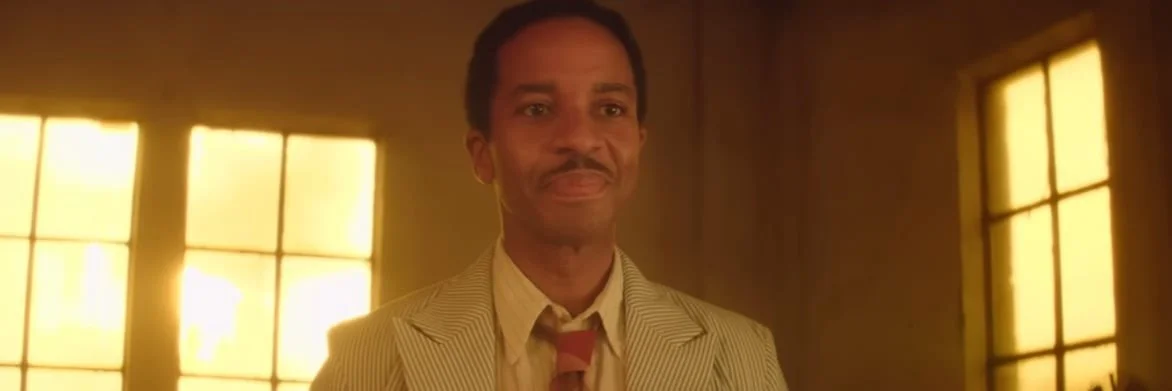The most pleasant surprise so far at this Toronto International Film Festival's first three days has to be George Tillman Jr's "The Hate U Give," an exemplary adaptation of Angie Thomas' popular YA novel, which centers around the Black Lives Matter movement. The film follows Starr, a promising student and cherished daughter whose life is upended, then galvanized, when a friend is senselessly shot dead by police.
The Hate U Give is an urgently gripping and passionate achievement enhanced by a central performance that deserves all the awards attention it will likely receive in the coming months. Starr is played by the incredible Amandla Stenberg, and her range as an actress is nothing short of astounding. The story potently takes advantage of Starr's "two lives:" “Starr Version 1” being at home in her poor neighborhood, where gangs and violence lurk at every corner, and “Starr Version 2” at the private school that she and her brothers attend, where her speech changes, her friends are all rich, and her boyfriend is white, which her dad has no clue about.
The film starts with a flashback of Starr and her brother Seven (Lamar Johnson) as young children being given "the talk" by their father (Russell Hornsby), who instructs them that if police ever stop them to always show their hands, never reach for anything, and most importantly, comply. This talk foreshadows the aforementioned shooting, which changes the story's dramatics. After a night of partying in her lower-class neighborhood, Starr is being driven home by her childhood friend Khalil (Algee Smith). Their car is pulled over by police and after reaching for his hairbrush, which the cop mistakes for a weapon, Khalil is shot and killed by a white cop. Starr is the only witness to the crime and struggles to cope with whether she should come out and identify herself. She is worried her white classmates and friends will look at her differently, unable to identify with her plight as a young black woman.
The brilliance of the film is how Tillman Jr. and Thomas have Starr caught up between two identities, and Starr struggling to make the right choices. There is insight, detail and pertinent relevance to this film that cannot be shaken. It hits you where it hurts and asks questions that need to be asked because, quite frankly, the answers are too difficult for many to come to terms with in this country. [B+]





